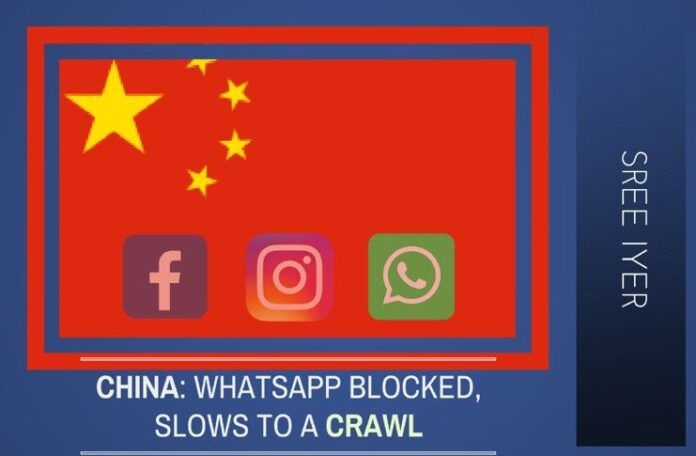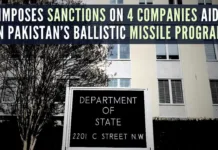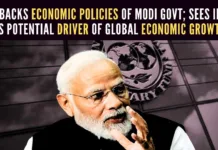
WhatsApp seems to have become the latest victim in the series of online clampdowns that China has undertaken. According to the New York Times, WhatsApp users in China are reporting widespread disruptions to the messaging app. It has reportedly been partially blocked by the massive filtering system that authorities use to limit free speech online. Users have found themselves unable to send photos, videos, and in some cases even text messages. Security analysts confirmed to the Times that the disruptions were originating from the government.
…the new law requires companies to store their data within China, and would impose security checks on companies in sectors like finance and communications. Individual users, meanwhile, would have to register with their real names to use messaging services.
Nadim Kobeissi, an applied cryptographer ar Symbolic Software, a cryptographic research start-up said, “According to the analysis that we ran today on WhatsApp’s infrastructure, it seems that the Great Firewall is imposing censorship that selectively targets WhatsApp functionalities.”
It should be borne in mind that of the three Facebook Social Media apps, only WhatsApp was operating in China. With sizeable throttling (slow down) by China’s filters, users were finding it increasingly difficult to get any messages across. With Facebook effectively out of the picture with this latest move, only Twitter is operational in China.
If you are planning on visiting China, open a Yahoo based email account and a Twitter account if you don’t have one already. Gmail too does not work there except under some conditions.
What is the reason for this increasing policing of the Online space? Many, but the primary one is the new Cyber-security law that went into effect in China this month.
Even Apple is scrambling to stay compliant with China’s new rules and has opened a new Data Center there. This is because the new law requires companies to store their data within China, and would impose security checks on companies in sectors like finance and communications. Individual users, meanwhile, would have to register with their real names to use messaging services.
Are these pointers that India would do well to look at seriously? Dr. Swamy and I have been emphasizing this again and again that critical data of consumers must physically reside within the geographical limits of India.
This move is another nail in the coffin of Globalization.
- Indian Parliament’s Special Session is convened to mark the shifting to new Parliament building - September 3, 2023
- Why did Rajat Sharma of India TV not declare that Adani owns more than 16% shares in his channel? - January 29, 2023
- Prannoy Roy to get Rs.605 crore from Adani as per Stock Exchange filing. Why is Income Tax not acting on Roys’ dues of over Rs.800 crore? - January 4, 2023










